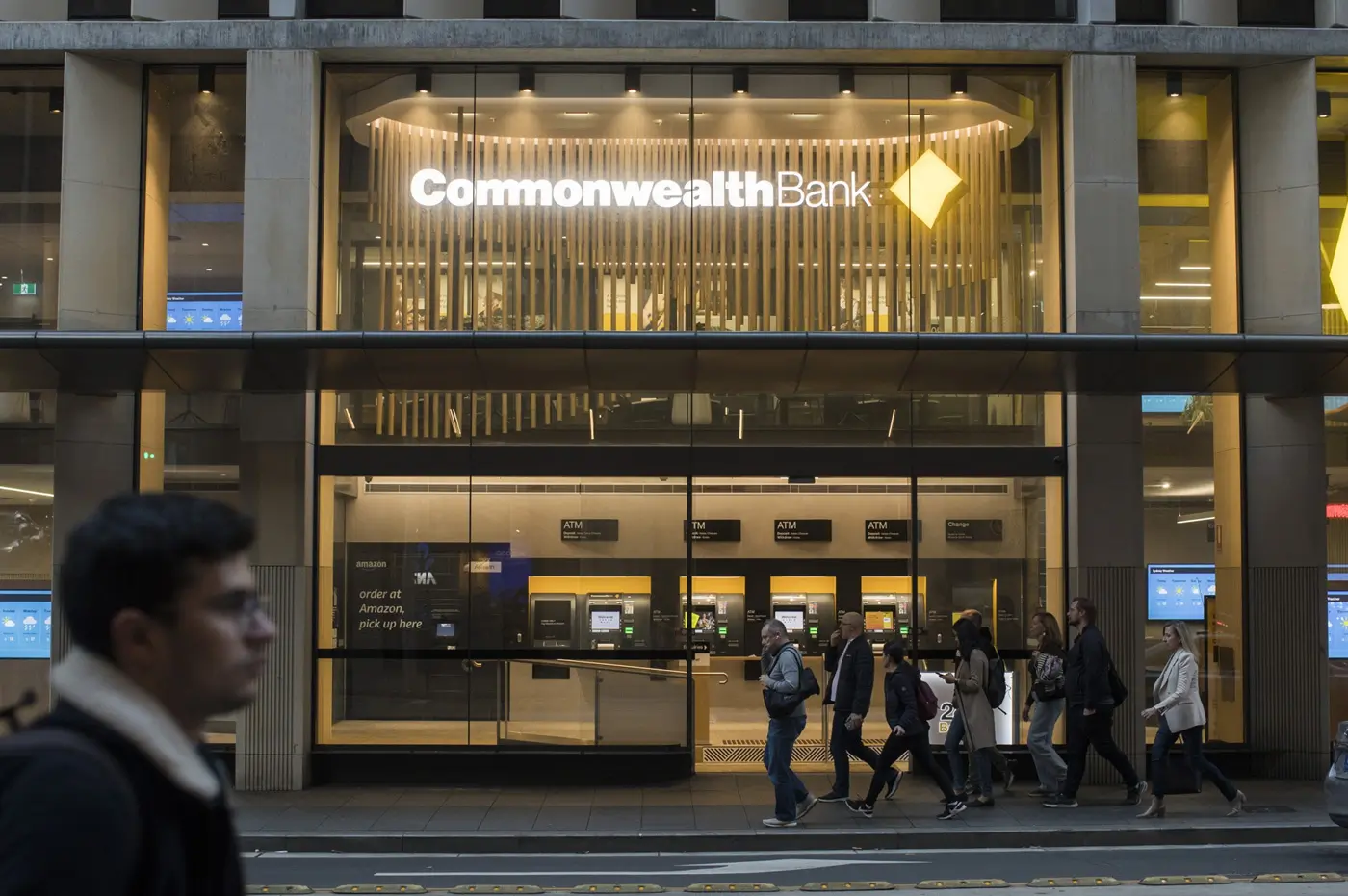Making a distinct mark in our saturated modern marketplace is crucial yet formidable. Amid myriad businesses all clamouring for consumer attention, how does one truly differentiate themselves?
The answer lies in building a brand. While many believe this means having a captivating logo design, brand mark or coining a catchy slogan, the essence of branding runs much deeper.
What is a Brand?
At its core, a brand is the heartbeat of a business. It’s the embodiment of its values, culture, and vision. A brand is people’s perception of a company based on their interactions and experiences with it. It’s the feelings and emotions evoked in customers when they come into contact with the company’s name, products, or services. As Jeff Bezos, founder of Amazon, famously said, “Your brand is what other people say about you when you’re not in the room.” Your brand is the story you tell and the relationship you cultivate with your audience.
Building a Brand: More Than Aesthetics.
- Understand Your Purpose: Every successful brand has a purpose behind its creation. It answers the ‘why’ of your existence. You create an emotional connection with your audience by understanding and clearly articulating your brand’s purpose. People are likelier to engage with brands with a clear and meaningful meaning that aligns with their beliefs and values.
- Define Your Brand Personality: Just like people, brands have personalities, too. Are you playful or serious? Modern or classic? Luxurious or budget-friendly? Defining your brand’s personality ensures consistency in messaging and helps you connect with your target audience more authentically.
- Consistency Across All Touchpoints: From your website to in-store signage, from social media posts to email campaigns, ensure your brand’s voice, visuals, and values are consistently represented. It helps build a strong brand recall and reinforces the image you want your brand to project.
- Engage and Interact with Customers: Branding is not a one-way street. It’s a dialogue. Regularly engaging with customers, seeking feedback, and adapting accordingly fosters trust and loyalty. This is even more important in today’s digital age, with platforms like social media providing businesses an avenue to interact directly with their audience.












